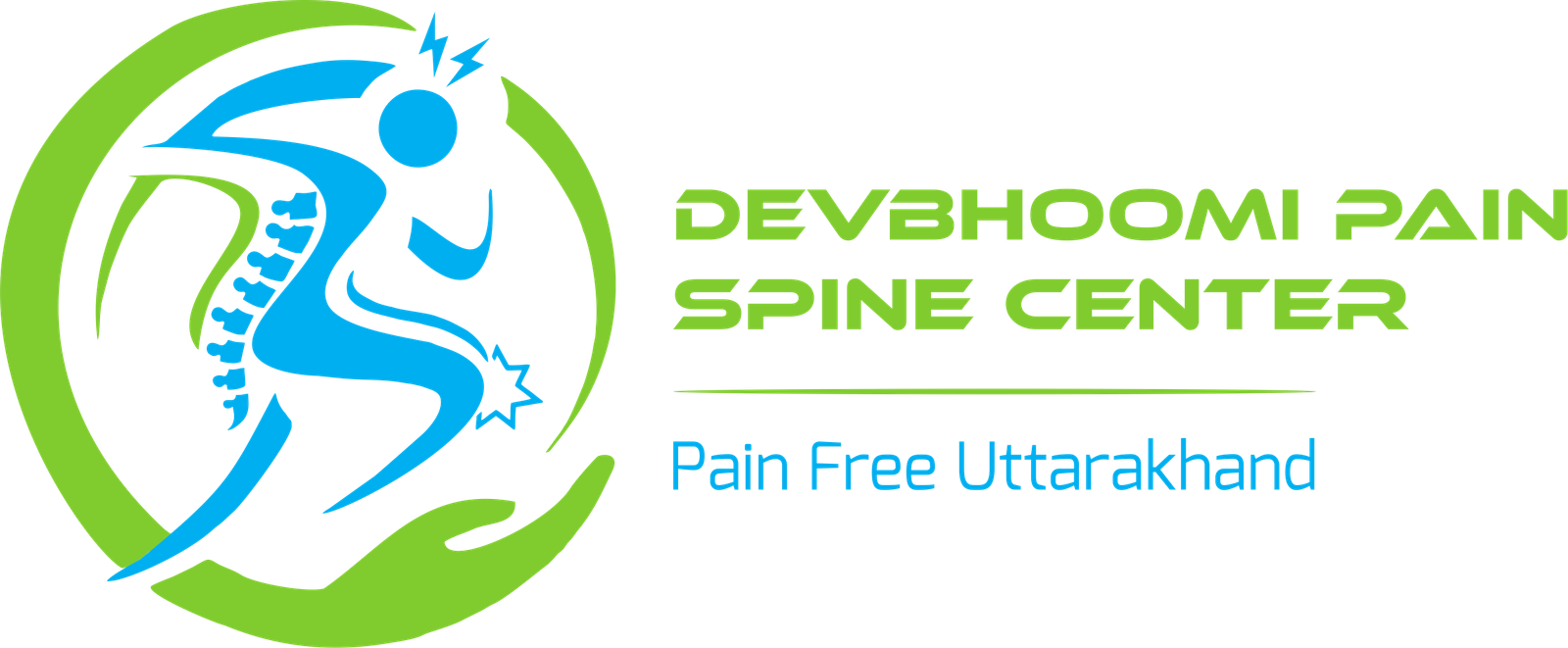Shoulder Pain
Shoulder pain is a common and significant symptom for many patients
All Services

Dr. (Maj) Varun Bajaj
MBBS, MD Anaesthesiology
FCPM (MUHS), FIAPM(ISSP)
Director – Devbhoomi Pain Spine Center
Why Choose Us
Our clinic is the first to offer world class comprehensive pain management services in Uttarakhand. All our procedures are : *Non surgical, *Painless, *Less than 1 hour duration, *Done under imaging guidance, *Performed by experienced professionals
Latest Blog
Would You Like to know ?
About Shoulder Pain
Common underlying causes are rotator cuff disorders, glenohumeraldisorders, acromioclavicular joint & frozen shoulder
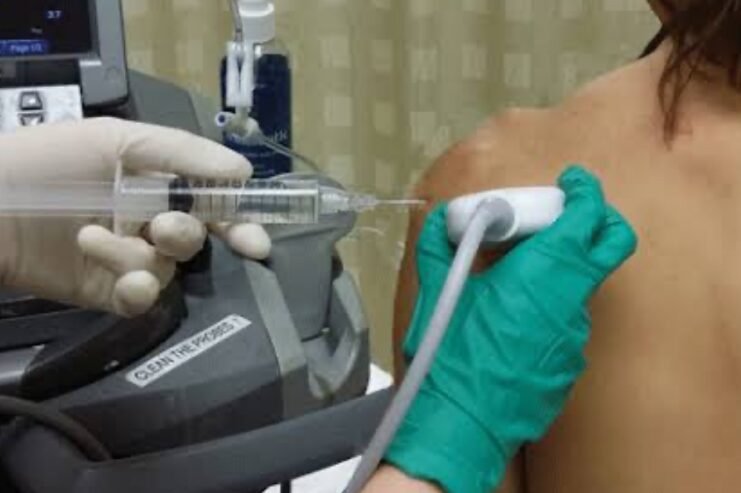
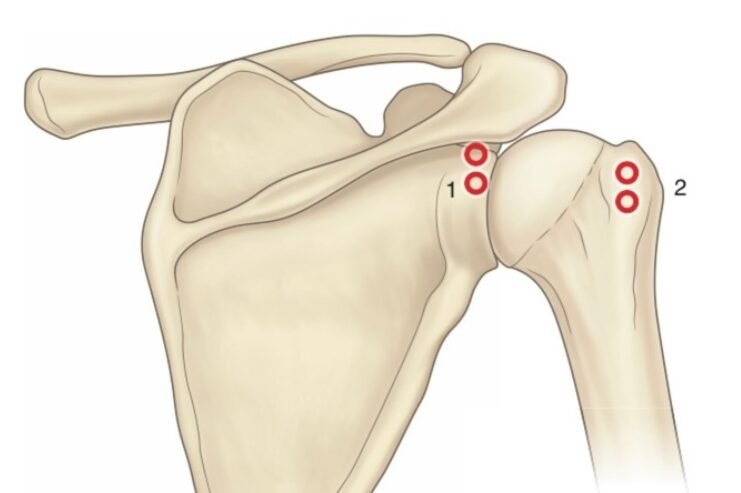
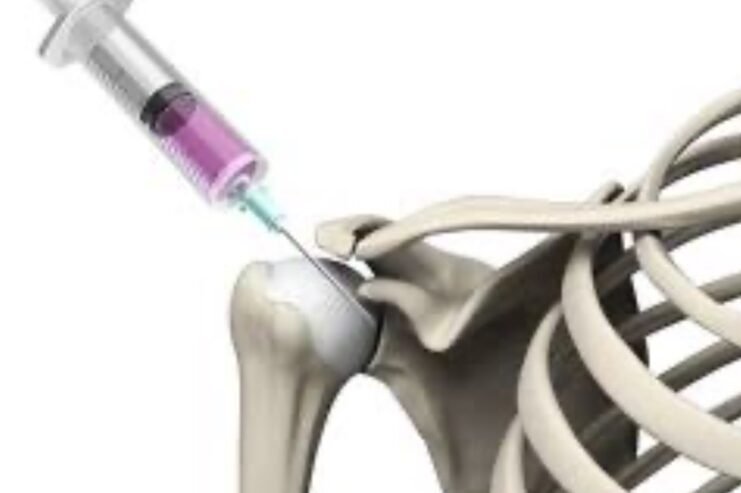
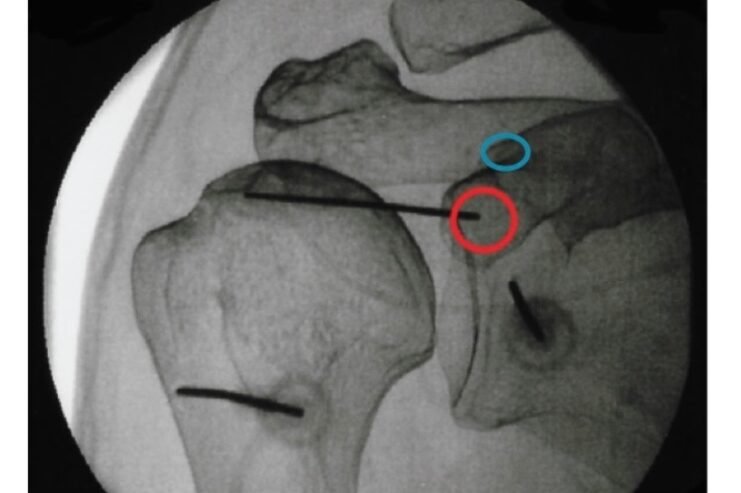
Would You Like to know ?
What are the common conditions affecting shoulder joint?
Glenohumeral
1.Rotator cuff tendinopathy.
2.Rotator cuff tear
3.Subacromian bursitis
4.Glenohumeral arthritis
5.Glenohumeral instability
6.Labral tear
Extraglenohumeral
- Bicipital tendinopathy
- Acromioclavicular arthritis
- Subscapular bursitis
What is the purpose of pain intervention?
Pain management interventions are specifically tailored according to the patient needs after proper investigation and conservative treatment with commonly available medications.
Interventions help the patient to decrease pain medication and break pain cycle so that with proper Physiotherapy and exercise patient can resume normal lifestyle.
Pain intervention options:
Regenerative therapy
- PRP/ BMC for rotator cuff tendinopathy
- PRP/ BMC for glenohumeral arthritis
Radiofrequency ablation
- Suprascapular nerve RFA
- Shoulder joint RFA
Imaging guided procedures
- Suprascapular nerve block
- SA-SD bursa inj.
- Bicipital inj.
- GH joint inj.
- Acromioclavicular joint inj.
- Aspiration of joint/ cyst/ calcium deposit
- Pain due to cancer
- Pain due to cancer treatment - chemotherapy and radiotherapy induced pain
- Cancer related bone pain
- Cancer related visceral pain
- Somatic
- Visceral
- Neuropathic
Pain management interventions are specifically tailored according to the patient needs after proper investigation and conservative treatment with commonly available medications.
Cancer patients are on high dose narcotics and opioids which make them drowsy and lose touch with the world. Pain intervention limit the dose of narcotics so that they can resume day to day activities while enjoying pain relief.
Pain intervention options:
Imaging guided blocks
- Intercostal nerve block
- Coeliac plexus neurolysis
- Superior hypogastric plexus neurolysis
- Thoracic sympathetic ganglion block
- Vertebroplasty
Radiofrequency ablation
- RFA intercostal nerve
- RFA coeliac plexus
- RFA superior hypogastric plexus
